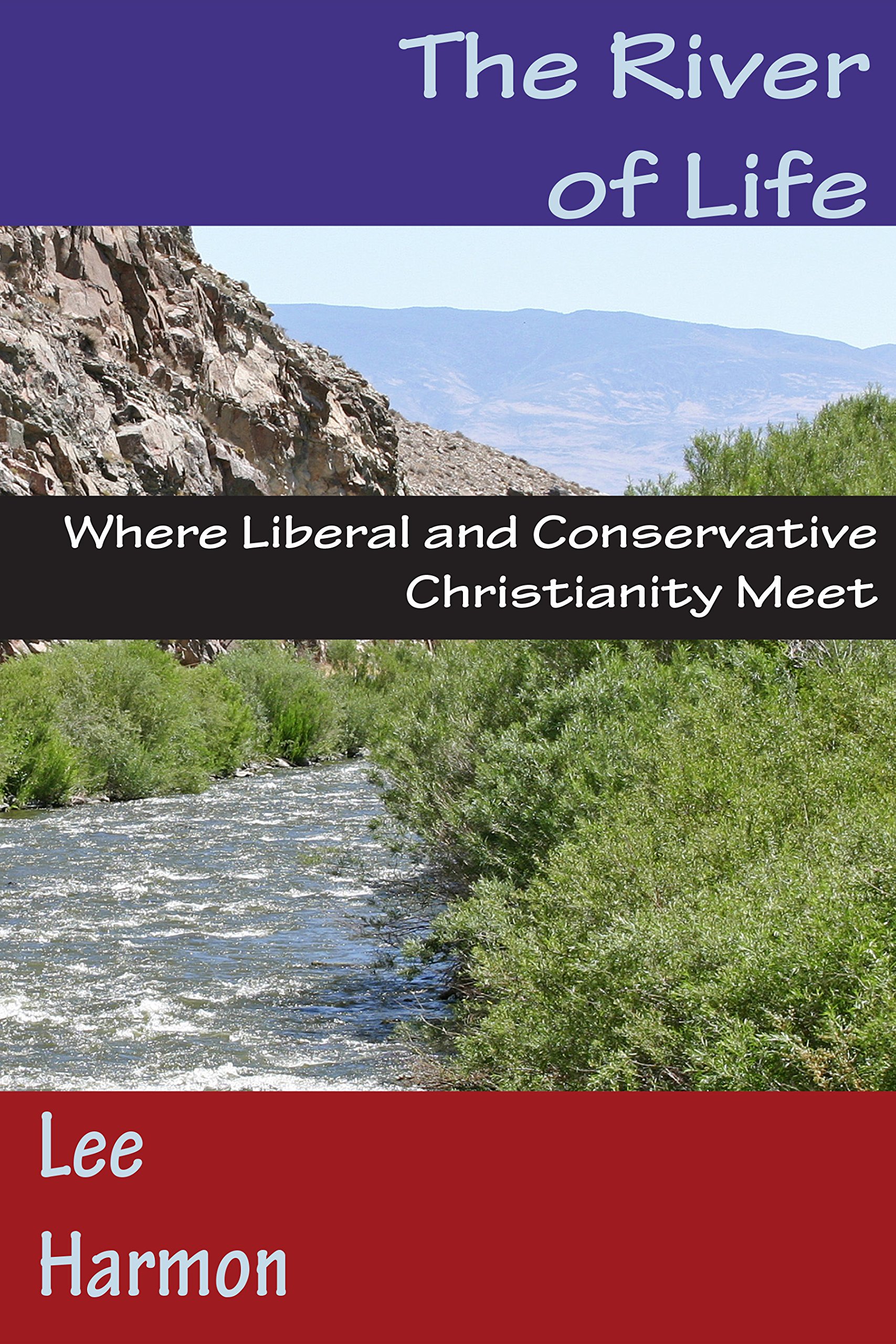In our Bibles, there are four Greek words that are commonly translated into the word “hell”. These words are Sheol, Hades, Tartarus, and Gehenna, and each is described briefly in Lee Harmon’s new book, The River of Life. The following is an excerpt from this book describing one of the four.
Hades – This may be thought of as the Greek version of Sheol. By the time the New Testament was written, Sheol had morphed into Hades, which is much more colorful than its Hebrew counterpart. The Greeks had many legends about this land under the earth, and actually did imagine it to be a place of eternal existence after death. Portions of Hades were pleasant and portions were not so pleasant. The most famous reference to Hades in the Bible is the parable of the rich man and Lazarus. In this parable, told by Jesus, both descend to Hades after they die, but Lazarus gets stationed in a pleasant place across a chasm from the rich man, who is in torment. They call to one another across the uncrossable chasm.
Did Jesus really present this story as an accurate picture of life after death? Few Bible scholars think so anymore. The story bears an uncanny resemblance to Greek, Jewish and Egyptian stories known by all in Jesus’ day. Scholars have discovered many such similar parables. A doctoral dissertation at the University of Amsterdam identified seven versions of the parable circulating in the first century.
For example, stories of the dead “carried by angels” into “Abraham’s bosom” can be found in the Talmud, as can the idea of communicating across the gulf between Paradise and the place of torment. Jesus is not revealing any new secrets about hell, here. Bible scholar Craig Blomberg writes that “Jesus may have simply adopted well-known imagery but then adapted it in a new and surprising way.”* Jesus is merely drawing on a common legend to make a point about the justice of God in the age of God’s rule on earth. The poor and the rich trade places.
Hundreds of years ago, it was common to interpret this parable literally, but this line of thought has largely been abandoned by Bible scholars. Hades is not meant by Jesus to be a literal description of any form of an afterlife.
* Craig Blomberg, The Historical Reliability of the Gospels, 1987, p. 22-23

